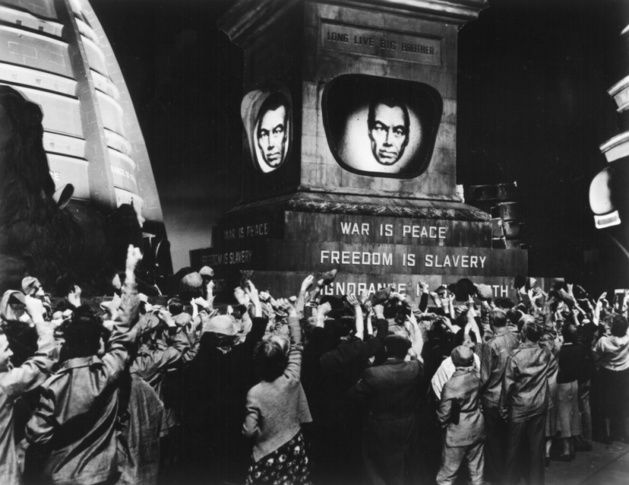
Science Fiction and Politics in Literature and the Arts
The aim of this symposium run by the LLA-Créatis laboratory at the University of Toulouse Jean-Jaurès is to develop open thinking about “political” questions, in the broadest sense of the term, that science fiction narratives allow. Different types of stories can be considered, in different literary genres or in cinema, video series and comics. It can be studied and interrogated from a historical, political and social perspective by involving, where appropriate, the potential contributions of different analyzes (anthropology, semiotics, feminist studies, postcolonial studies, etc.), in the interdisciplinary approach and thus open-mindedness, commensurate with the diversity of viewpoints and questions raised offered by the social gender.
The entire twentieth-century period produced works in San Francisco that were marked by ideologies such as capitalism and its “communist” counterpart, but also by threats associated with civilian and/or military nuclear power, religious-related abuses, racism, minority liberation struggles, and pollution. , etc. These perceptions have persisted, but in the last 20 years of the 20th century to the first 20 years of the 21st century, other concerns have been voiced: ecological pesticides, the climate crisis, demographic crises, resource depletion, or the dangerous. The scientific and technical potential (transhumanism, “artificial intelligence”, etc.) is being carried away.
The link to the realities of the times (as in the collection “Le Passager Clandestin / Dyschroniques”) can of course depend on one or more authors, take into account a work or compare several (especially in the case of short stories and short films). The broader perspective will consist in considering the basic ideologies, either in relation to the literary prizes awarded, or in relation to the works themselves, the semantics of these presenting themselves from the outset sometimes as criticism, sometimes as propaganda, the two being able to be combined according to modalities that tend to be ironic, Satirical, disruptive, etc.
In any case, it would be a matter of highlighting the “exploratory potential” in these works, of identifying the “problematic tools” and of making the ideas put forward in fictional form productive from the point of view of political theory. (Y Rambhala).
Of course, it is advisable to include works belonging to different geographical and linguistic fields so that the panorama of this search is sufficiently realistic.
Provisional schedule of courses (date adjustments possible)
Oct 20, 2-4 PM / Nov 17, 2-4 PM / Dec 15, 2-4 PM / Jan 19, 2-4 PM / Feb 9, 2-4 PM / Mar 15, 2-4 PM / May 31 , 2-4 p.m
Contribution proposals must be sent Before October 1, 2023 To the following addresses: [email protected], [email protected], [email protected]






